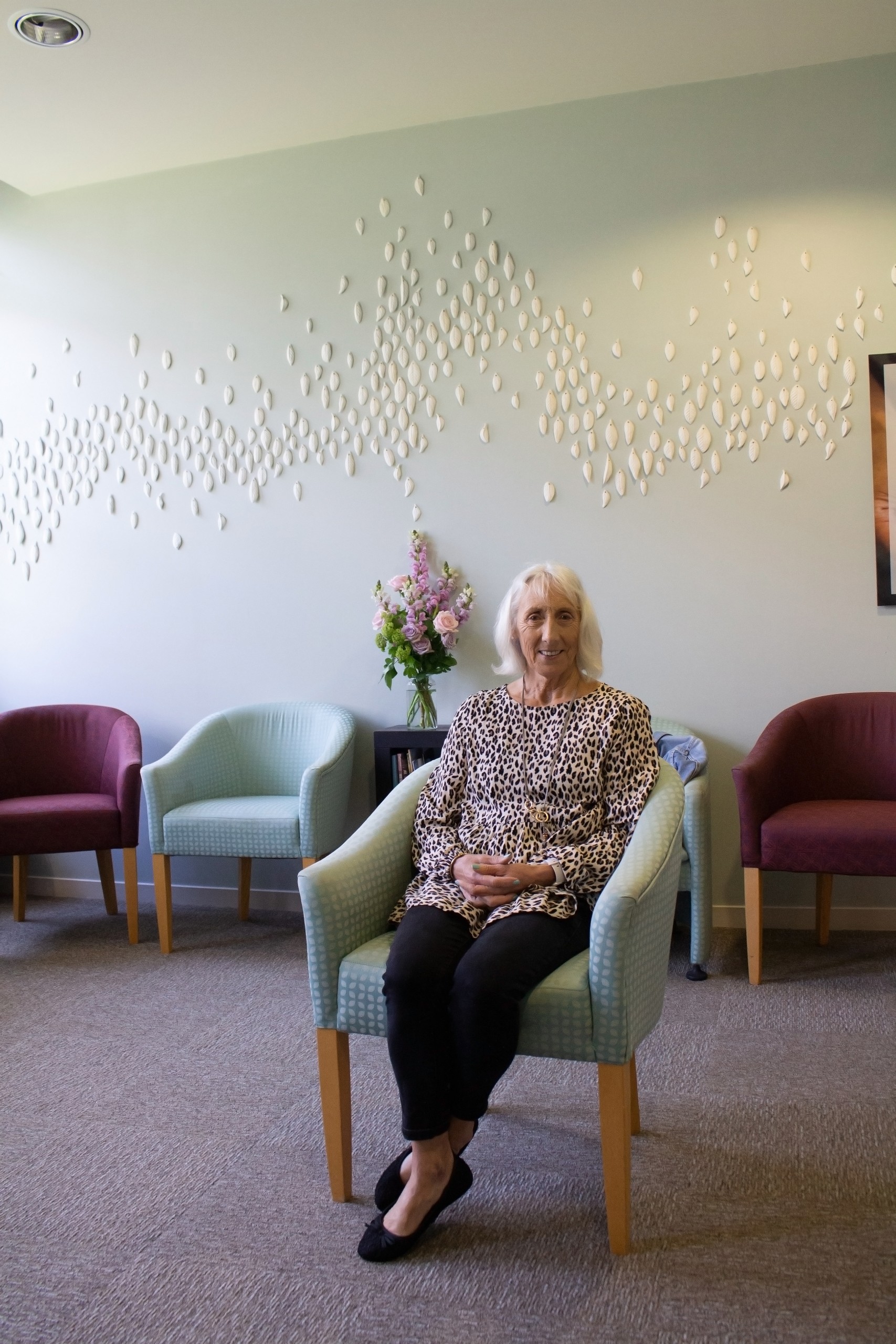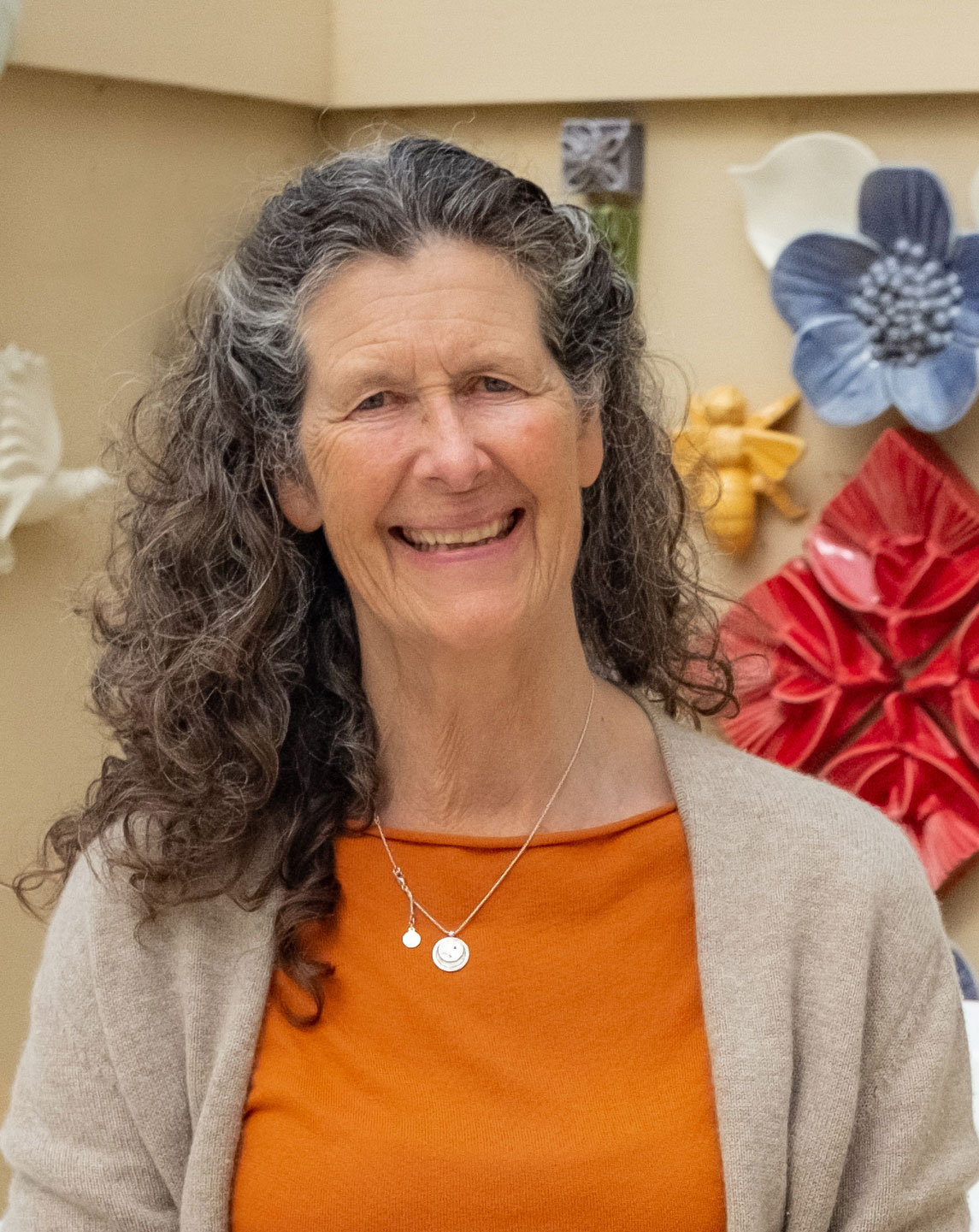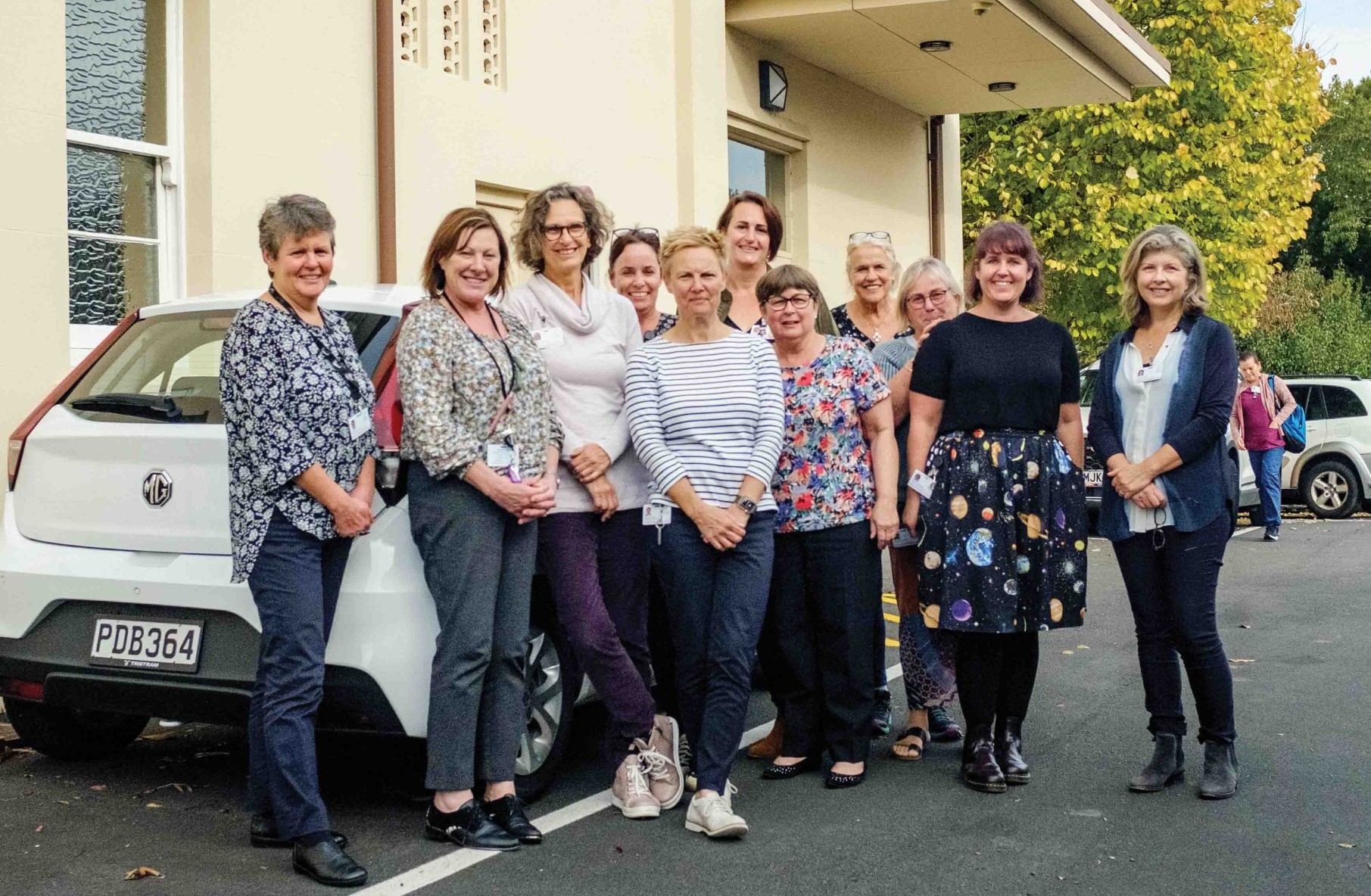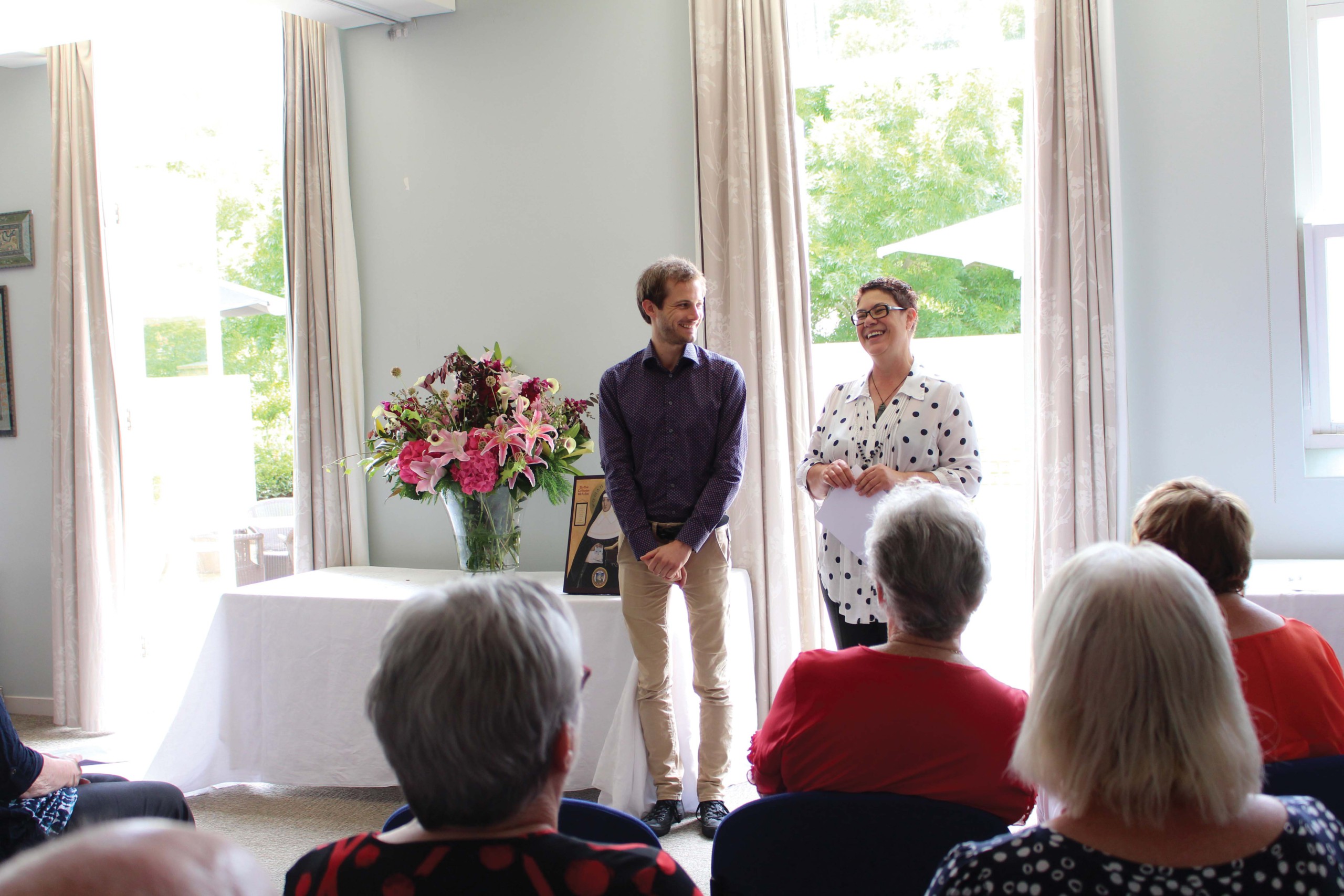
Louise Thompson, one of three counsellors at Mercy Hospice, talks to Mercy Matters about the challenges of experiencing grief and loss, especially around those big annual holidays, the benefits of counselling, and a surprising look at the challenges and gifts that grief can offer us all.
Can you tell us how long you’ve been with Mercy Hospice, what your role is, and what you enjoy about it?
I am currently in my 11th year here at Mercy, and the role I have is Counsellor & Bereavement Coordinator. What I love about my role is being able to be there and support those that need and /or who want support. My passion for my work was born out of my own tragic losses in which there was no support offered. Sometimes it is a long and lonely journey trying to figure out and make sense of your emotions on your own.
How does Counselling fit with the provision of palliative care to patients and their families?
Counselling fits well with the provision of palliative care as it’s all about comfort and support for the patient and their family members. For the most part, our patients are supported by their families, that’s why the care incorporates the family. In essence we care for the whole person.
When does it become necessary for Counselling to be part of the care provided by Mercy Hospice?
Counselling support is offered to all Mercy Hospice patients and their families if they feel that it would be helpful to their situation. We all experience life and death differently and for all involved it is a significant and major life event. For the most part, people manage this process with the support of family and friends. There are times when people need to speak with someone who is not family for several reasons, for example, the anticipation of a patient coming to the end of their life can be very difficult. As human beings we have only ever known life and so there is a process that takes place along someone’s journey in learning how to say goodbye bit by bit. For some, having a safe space to express their heartache and fears of what may lie ahead can be very useful/helpful.
Significant events like Christmas and milestones such as birthdays and anniversaries can be really challenging for people living with loss and bereavement. Why is that, and if you’re a concerned relative or friend, what can you do to help?
The first year is historically the toughest, as you approach these first milestones without your loved one. It is challenging in so much as people have not had the chance to rehearse this previously, they are needing to navigate through uncharted territory. Grief can intensify in the background at upcoming milestones, often causing an increase in anxiety/stress. To offer support for someone is to be there for them, to listen and allow the person’s story to be shared and witnessed. To be able to sit with the uncomfortableness of seeing and hearing another’s heartache.
Is grief, whether it’s about personal bereavement
or coming to terms with permanent change, something that needs to be treated or eliminated, or is there another way to approach it?
Grief comes packaged differently for some. A few may need ongoing specialist support, whilst others manage with friends, family and at times counselling support. But for the most part, apart from a few exceptions, treatment or elimination doesn’t happen. Whatever we experience in our lives becomes part of our story and works to inform us of what may be important to us. Grief changes us as we look to navigate a different life without our loved one in it. One thing that it can do is enhance our compassion for one another. Our own suffering recognises and empathises with those experiencing challenging and difficult times. It also gives us insight into what we may not want to replicate in the future. People get amazed at what they are and have been capable of, finding strength in sorrow.
One of the most useful ways to work with grief is to appreciate its impact and how it may be playing out in your life. Grief affects all of who we are, socially, spiritually, mentally, emotionally, and physically.
To be patient and kind with ourselves can sometimes prove to be a challenge. I have found over the years that our pain needs to be acknowledged and worked with. Being kind to ourselves can mean being gentle with how we talk to and about ourselves. Our feelings are our feelings, and we are allowed to have them.
What do you think grief offers us as people and as a community?
Grief offers growth and awareness of a deeper level that has grown in our lives. In time, tolerance and compassion for others happens when you hear their stories and connects you to yours. All in all, I feel that the experience of grief can offer a more compassionate and supportive community.
Share this Mercy Story

Do you have a Mercy story you would like to share with readers of Mercy Matters?
Send your story and images to [email protected].
Continue the Care. Click here to make a safe online donation to Mercy Hospice
Related posts
If you enjoyed reading this, then please explore our other articles below:



